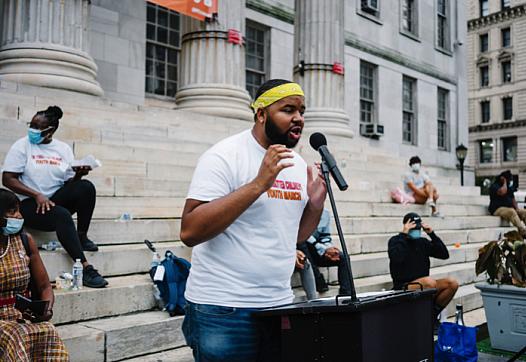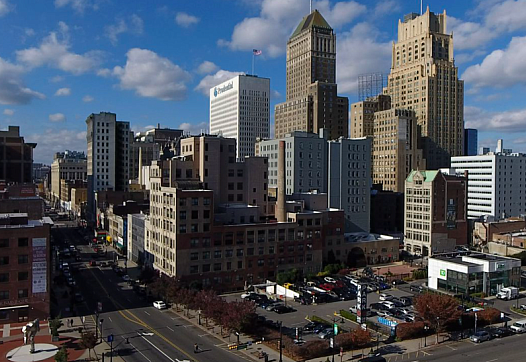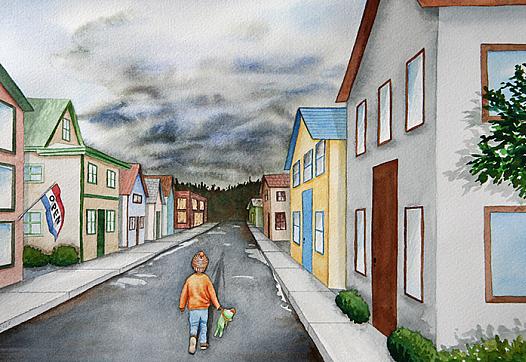Immigration restrictions and hostile rhetoric against the undocumented have had a heavy emotional toll, not only for migrant families, but also for the activists who advocate for them.
Poverty and Class

Parents and teachers demanded reviews into the Sheriff’s Office program. Some called for it to be canceled.

A lack of coordination leaves many transition-age youth homeless, hungry, and alone.

This article by Alissa Zhu was produced as a project for the Dennis A. Hunt Fund for Health Journalism, a program of the USC Annenberg Center for Health Journalism’s 2020 National Fellowship....

This article by Alissa Zhu was produced as a project for the Dennis A. Hunt Fund for Health Journalism, a program of the USC Annenberg Center for Health Journalism’s 2020 National Fellowship.

This article by Alissa Zhu was produced as a project for the Dennis A. Hunt Fund for Health Journalism, a program of the USC Annenberg Center for Health Journalism’s 2020 National Fellowship.

At Saucedo Elementary in Little Village, Olga Contreras is fighting back against palpable learning loss — one day and one student at a time.

The worst pandemic in a century has ravaged Newark and its Black community. It was a tragedy decades in the making.

The transition to virtual services upends parents hoping to get kids back from protective services.

— Pandemic adds new challenge for aging caregivers
